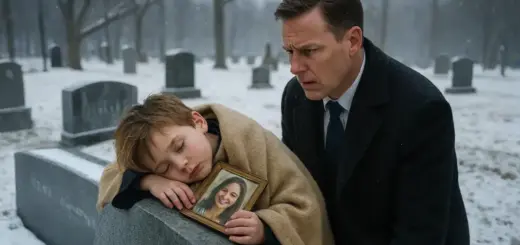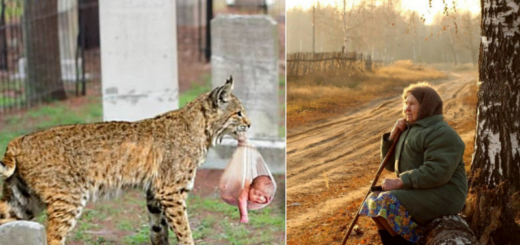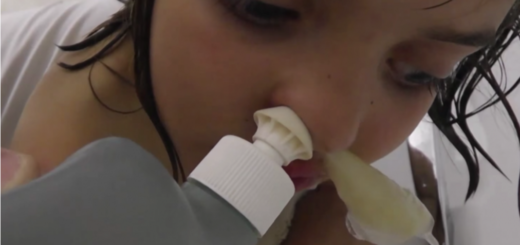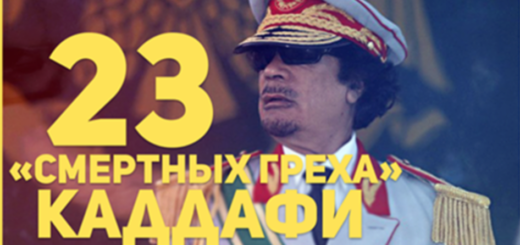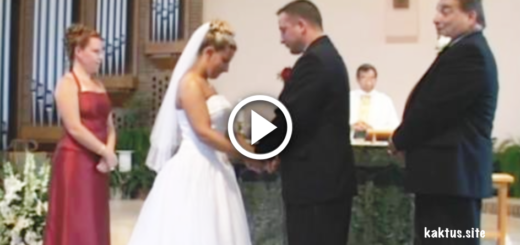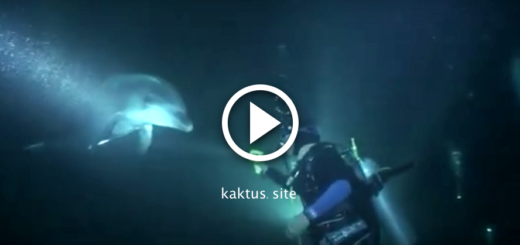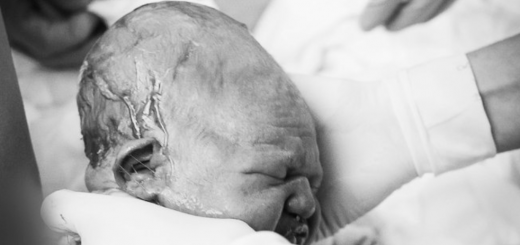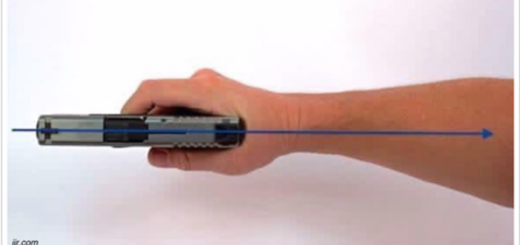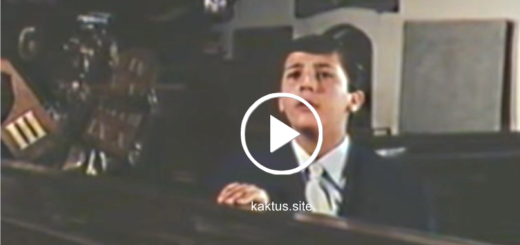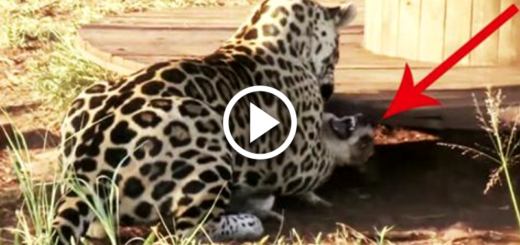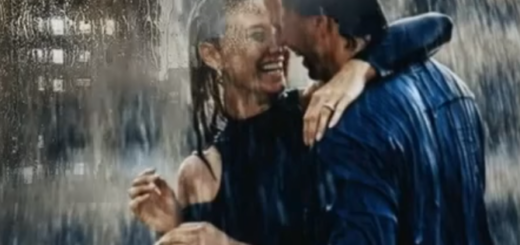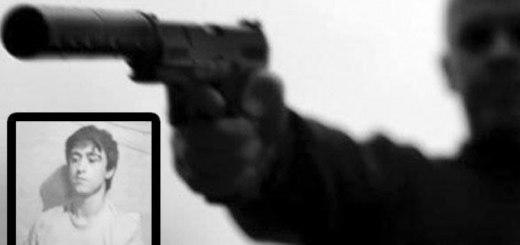You’d develop training programs, create policies, and serve as an advocate for people who might otherwise be overlooked or excluded. You’d report directly to me. I felt dizzy.
Mr. Hartwell, I’m just an intern. I don’t have experience in human resources or policy development. I don’t even have my degree yet.
I’m still finishing my last semester. You have something more valuable than experience. You have empathy.
You have the ability to see people as individuals rather than inconveniences, and you have a skill set that could transform how this company operates. He paused. The position would come with a substantial salary, full benefits, and the authority to implement real change.
You’d report directly to me. I looked at Robert, who was practically vibrating with excitement, then back to Michael. I… I don’t know what to say.
Say you’ll think about it, Michael suggested. Take the weekend. But I hope you’ll say yes.
This company needs someone like you. I need someone like you. The rest of the meeting was a blur of details about the position, discussions of salary and benefits that made my head spin, and planning for the cultural changes that would need to happen throughout the organization.
By the time I left Michael’s office, my entire life had been turned upside down. Robert hugged me goodbye, signing his thanks over and over again. You’ve given me my son back, he told me.
And you’ve given him something he didn’t even know he was missing. Michael walked us to the elevator, and as the doors were closing, he said, Catherine, thank you. For seeing him.
For seeing what was important. I went home that night and called my parents, then Danny, trying to explain what had happened. Danny was the most excited of all.
You’re going to help other deaf people at work? He signed when I video called him. That’s so cool. You’re going to be like a superhero for people like me.
His enthusiasm was infectious, and by Monday morning, I knew what my answer would be. I started my new position the following week. My first task was to conduct an accessibility audit of the entire building and all company policies.
What I found was both disappointing and motivating. Meridian Communications, like many companies, had been operating with good intentions, but little actual understanding of what inclusion really meant. Over the next six months, I implemented sweeping changes.
We installed visual alert systems throughout the building. We brought in ASL interpreters for all company meetings and events. We created accessibility guidelines for all marketing materials and client presentations.
Most importantly, we instituted mandatory inclusion training for all employees, starting with the executive team. The training sessions were eye-opening for everyone involved. I brought in speakers from the Deaf community, including Robert, who shared his experiences and helped employees understand the impact of their actions or inactions.
I taught basic sign language classes during lunch hours and was amazed by how many people were eager to learn. Margaret, my former supervisor, was one of my most enthusiastic students. I keep thinking about that day, she told me after one of our training sessions.
I was so focused on the presentation, on the tasks that seemed urgent, that I completely missed what was actually important. I don’t want to make that mistake again. The changes weren’t just about accessibility for the Deaf community.
We expanded our efforts to include accommodations for employees and visitors with mobility challenges, visual impairments, and other disabilities. We partnered with local organizations to ensure our hiring practices were truly inclusive. We even redesigned our website and marketing materials to be more accessible.
But the most meaningful change was cultural. The company that had once been focused solely on efficiency and productivity began to value empathy and inclusion as core business principles. Employees started looking out for each other in ways they never had before.
The lobby that had once been a place where visitors like Robert were ignored became a welcoming space where everyone was treated with dignity and respect. Six months after that life-changing Tuesday, Meridian Communications won a national award for workplace inclusion. At the ceremony, I Michael asked me to accept the award on behalf of the company.
This recognition belongs to everyone at Meridian who embraced change and chose to see inclusion not as a burden but as an opportunity to become better, I said in my acceptance speech. But mostly, it belongs to a wise man who taught me that the most important business skill isn’t knowing how to close a deal or manage a budget, it’s knowing how to see the humanity in every person you encounter. In the audience, Robert was beaming with pride, signing his applause.
Next to him, Michael was smiling too and I could see the relationship between father and son had been transformed. They had lunch together every Friday now and Michael had become fluent enough in ASL to have real conversations with his father about everything from business strategy to family memories. The shy intern who had once felt invisible had found her voice by helping others find theirs and in the process, I learned that sometimes the most powerful thing you can do is simply notice someone who’s being overlooked and choose to see them, really see them as the valuable human being they are.
My little brother Danny visited the office regularly now and watching him interact confidently with employees who had learned to sign just for him never failed to make me emotional. He was right, I had become a kind of superhero. Not the cape-wearing kind, but the kind that fights for a world where everyone belongs, where everyone is seen, where everyone matters.
The best part was that it had all started with a simple hello signed to a lonely man in a busy lobby. Sometimes the smallest gestures create the biggest changes. Sometimes all it takes is one person willing to stop, to notice, to care.
And sometimes when you’re brave enough to reach out to someone who’s been overlooked, you discover that you’re not just changing their world, you’re changing your own.



